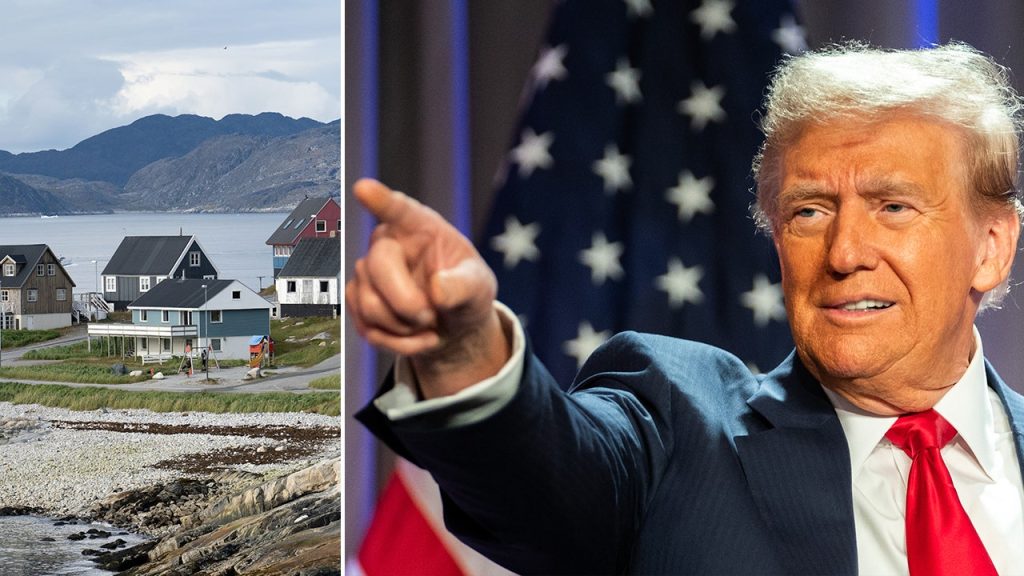Donald Trump’s recent pronouncements regarding the potential acquisition of Canada, Greenland, and the Panama Canal have reignited global anxieties concerning his foreign policy approach in a prospective second term. These unexpected statements, delivered via his Truth Social platform, have been met with apprehension from international leaders and starkly contrast with his previous “America First” rhetoric, which emphasized domestic priorities over international expansion.
Trump’s Christmas Day message, while offering holiday greetings, swiftly transitioned into a critique of current international arrangements. He targeted Canada, suggesting its annexation as the 51st US state would bring significant economic benefits and unparalleled military protection. He then reiterated his interest in acquiring Greenland, emphasizing its strategic importance and natural resources as vital to US national security and global freedom. His comments regarding the Panama Canal, however, have sparked the most controversy.
Trump’s repeated assertions, devoid of substantiating evidence, that the US is being unfairly charged exorbitant fees for using the Panama Canal and that China exerts undue influence over its operations have been categorically refuted by Panamanian officials. He has suggested that the US should reclaim control of the canal, which it relinquished decades ago, a notion deemed unacceptable by Panama’s leadership. The canal’s strategic importance to global trade and US maritime traffic, coupled with Trump’s provocative statements, has fueled concerns about potential international friction and destabilization.
The rationale behind Trump’s renewed focus on acquiring Greenland remains unclear. His previous interest in purchasing the territory in 2019 was dismissed by Greenland’s government, and their current stance remains firmly against any such proposition. This insistence on acquiring a self-governing territory against the will of its people raises questions about the ethical implications of such a move and further complicates the already strained international relations. Greenland’s Premier, Mute Egede, has unequivocally stated that Greenland is not, and will never be, for sale.
The Panama Canal situation is further complicated by the confluence of various factors affecting shipping costs. A recent drought significantly lowered water levels, forcing the canal’s operators to restrict traffic and increase tolls. Global events, such as attacks on vessels in the Red Sea, have also contributed to higher shipping costs by forcing rerouting of cargo ships. These factors, independent of any alleged Chinese influence or discriminatory practices against US vessels, underscore the complexity of global trade dynamics.
Panamanian authorities have vehemently denied any Chinese control over the canal and affirmed that toll increases are applied equitably across all nations. They maintain that the canal’s operation remains independent of any foreign influence and that the sovereignty of Panama is non-negotiable. Despite these reassurances and factual clarifications, Trump remains steadfast in his accusations, further exacerbating tensions and raising concerns about the potential for escalating rhetoric and actions in a second Trump administration. The international community remains apprehensive, closely scrutinizing Trump’s actions and pronouncements for indications of his future foreign policy direction. His recent statements, seemingly contradictory to his previous “America First” stance, have left many wondering about his true intentions and the potential ramifications for global stability.

